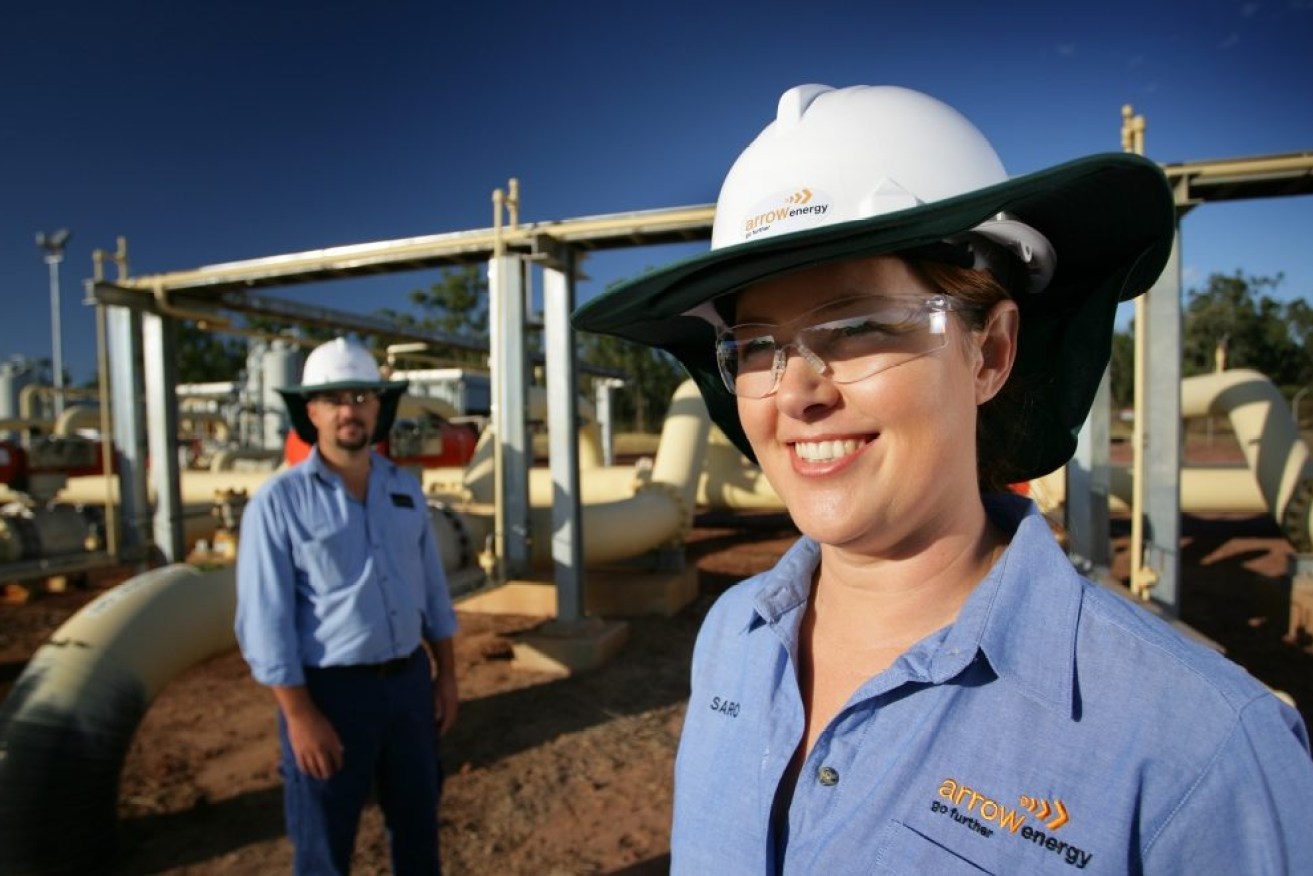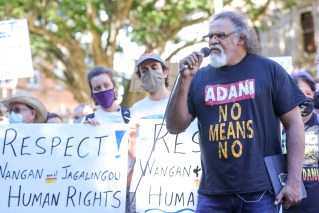Fracking given the tick – no damage to environment: CSIRO
Australia’s leading science organisation, the CSIRO, has given fracking the all clear, saying its research has found that it has little or no impact on the environment.


The report follows the announcement by Arrow Energy to start the development of its $10 billion Surat CSG project. (Photo: supplied)
The three-year study by CSIRO’s Gas Industry Social and Research Alliance unit (Gisera) investigated the CSG sector after significant environmental damage in the US was blamed on fracking.
But the report found little to no impacts on air quality, soils, groundwater and waterways.
However, it revealed that water produced from the wells immediately after fracturing contained hydraulic fracturing chemicals, elevated concentrations of major ions (salts), ammonia, organic carbon, some metals and organic compounds, but these concentrations reduced to a pre-fractured state within 40 days.
But the report will be seen as a major boost for the coal seam gas sector and for the State Government that approved its massive expansion to feed the LNG industry.
It follows the decision by Arrow Energy to start the development of the $10 billion Surat CSG project with a $2 billion first stage.
Fracking is a system of releasing gas from coal seams via a system of injecting water and chemicals to fracture the seam. It has been blamed for causing major environmental damage in the US and environmental groups have claimed it contaminates Queensland’s precious groundwater.
They have also criticised Gisera for the funding it receives from the coal seam gas industry.
Activist group Lock the Gate likened the study to accepting health advice from a cigarette company and criticised it for being too narrow.
“Six wells, which were spread across only two properties, is an extremely small sample, given there have been about 19,000 CSG wells drilled across the Surat and Bowen basins in Queensland,” Lock the Gate coordinator Naomi Hogan said.
“Farmers’ fears are clearly grounded in evidence, and having gas industry-funded reports that only investigate a relatively tiny number of wells will do nothing to reassure them,” she said.
GISERA director Dr Damian Barrett said that the CSIRO research was an Australian first and provided unique insights into the impacts of hydraulic fracturing in Australia.
“This new research provides valuable data about hydraulic fracturing in coal seam gas formations in the Surat Basin, Queensland,” Barrett said.
“Previously, the only information about hydraulic fracturing was from overseas studies in quite different shale gas formations.’’
The study also found current water treatment technology used for treating water produced from coal seam gas wells was effective in removing hydraulic fracturing chemicals and naturally occurring (geogenic) chemicals to within relevant water quality guidelines.
The report found little to no impact on air quality and no significant variation between air quality at hydraulic fracturing operational sites and control sites where no hydraulic fracturing activities occurred.
“Levels of most atmospheric air pollutants detected were generally below relevant national air quality objectives. Increased levels of airborne particles were associated with dust from vehicle movement,’’ the report said.
“Hydraulic fracturing chemicals were not detected in water samples taken from nearby groundwater bores, soil samples from sites adjacent to operational wells, or in water samples from a nearby creek.
Some types of biocides used in hydraulic fracturing fluids and some geogenic chemicals were completely degraded in soil samples within two to three days.












